Is the role of the DJ a reactive one? Sensitive to the minute shifts and ripples of their audience, as fluid as the lulls and peaks of the night itself? Or are they supposed to be anticipatory - a nudge towards some previously inconceivable but then suddenly astonishingly clear end destination?
New York born artist and DJ Fred P is somehow both these things at once. Led by a personal philosophy of “serving the music” (and in turn, he says, the people), one of Fred’s primary concerns is the necessity of the club as a place for release. Chatting over the phone with him he makes a large point out of the inherent power and emotional responsibility that comes alongside being a DJ.
“I'm aware of this every time I get behind the decks - we're making a memory. We're celebrating together as this community in a microcosm. And when we pull back and look at the macro of it, what's going on in the actual world, how lucky you are to have that moment.”
This understanding is abundantly clear in both his approach to producing and djing. An exceptionally prolific producer with nearly two decades worth of releases to his name, Fred demonstrates time and time again the limitless potential for electronic music and the ecosystems that surround it.
M: For anyone who's unfamiliar with your history - has that signature sound that you play now always been what you've played?
F: In my early years it was mostly dark, minimal techno and minimal house. Maybe around 2017 I went from really melancholic and borderline depressive to more of a light at the end of the tunnel kind of energy. And then lockdowns happened. I was in the house and limited with my meetings with people. The minute lockdowns were over I just wanted to play happy time music. Songs with words, songs with really big chords, even major chords, which I'm not known for at all. Things that really go beyond my philosophy of raising the frequency of people in the room into “let's look for ecstasy” kind of thing. And that's where I've been ever since.
M: So there was kind of a necessity to counterbalance the lockdowns? I guess you have to go so far one way because we went so far the other way?
F: Absolutely. For me, it was therapeutic, because when I'm behind the decks, I'm there to serve the music. And ultimately the music is for the people. In previous years I just went off my own impulses, which is whatever is in my psyche. The majority of the time it's dark, moody, a certain amount of edge. If you're playing purely from impulse, it's whatever you were feeling before you showed up. That made for honest storytelling because it's up to the moment.
M: I see.
F: What makes these things timeless is the idea of the ceremony of celebration. Depending on how seriously or far you take that, it’s going to create an engram in your brain that will endear you to that moment. This is the exact phenomenon when you hear your favourite song - except there's an environment and people and personalities and lights that amplify that memory. I'm aware of this every time I get behind the decks. We're making a memory. We're celebrating together as this community in a microcosm. And when we pull back and look at the macro of it, what's going on in the actual world, how lucky you are to have that moment.
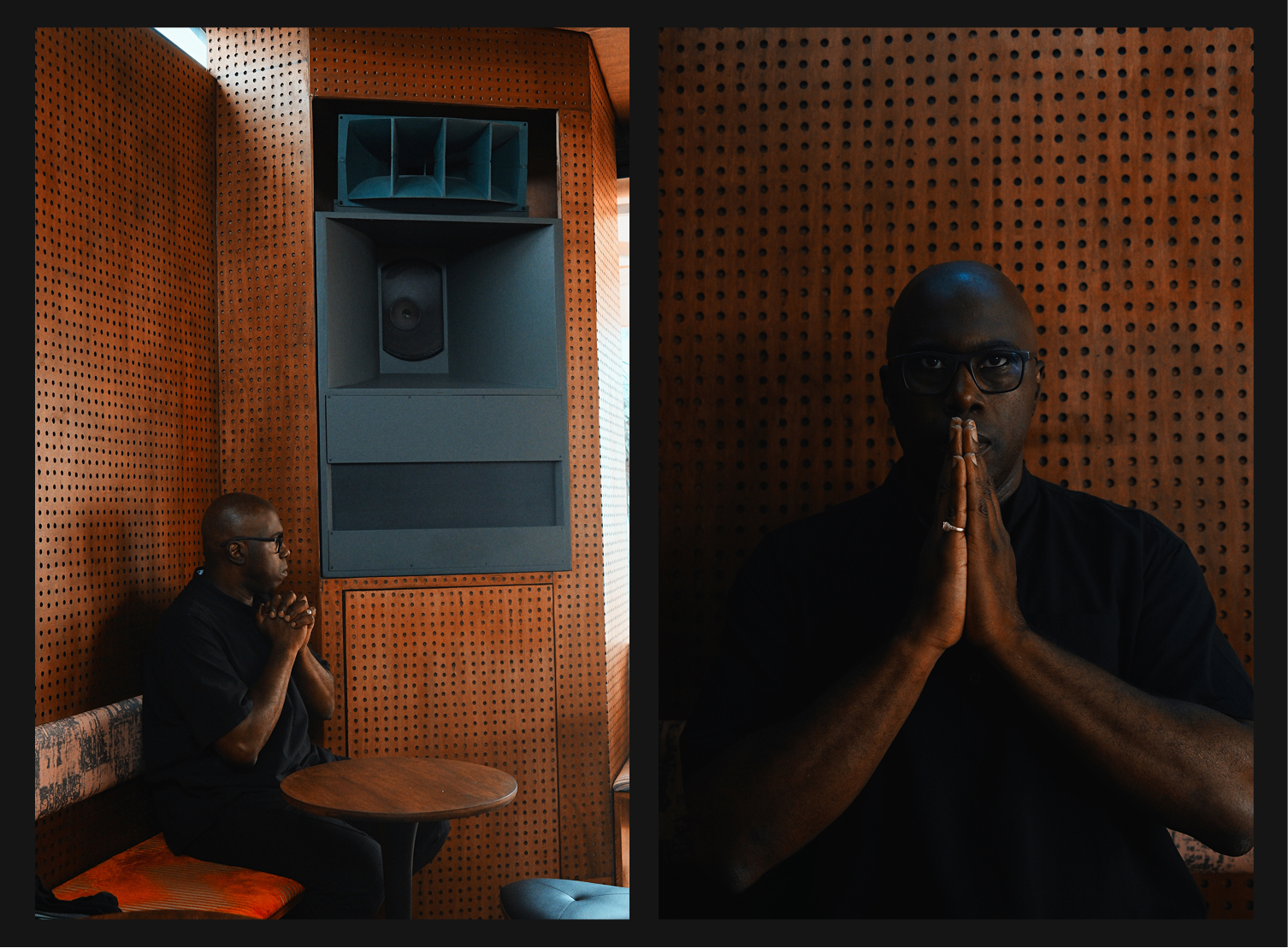
M: I can relate to that. In Sydney we have smaller gatherings and venues like 77 that have to operate externally to some of the bigger super clubs because the environment here is not super conducive to allowing special moments in lots of places.
F: If you look at the mechanics of nightlife as an industry, it's a business and it can go on indefinitely. When you look at it biologically, people eventually will either slow down or discontinue the continuous act of celebration at some point, therefore making it unsustainable, making the moments you find while you're in it even more powerful, which is why the music, the culture itself, doesn't just exist on nostalgia and historical attributes alone. It exists in people that put on these parties, people that become artists, people that make records, so on. I'm a product of that and I think especially when it's hard to put on special things and I'm usually playing at the special things, it's even more profound.
M: I wanted to ask you about your musical philosophy of serving the people. Was there anyone in your formative years that completely shaped that for you?
F: As an artist, as far as making and communicating things, there were jazz artists like Miles Davis, Chick Corea, Herbie Hancock. As someone who isn't classically trained and doesn't make that type of music, I borrowed heavily from the energy and the idea of it to draw outside of the box.
When it comes to DJing, I would say out of all of the DJs on the planet, there's only one that … gave me the inclination that I can play in my own way and if I tell my story correct from the heart, that it might translate. And that's Joe Claussell. It's not so much that he's highly animated, but he plays the music as if he made it, like he's in service to it.
M: And the first time you would have seen him would have been at the New York Body and Soul parties?
F: The first time seeing him fully expressing himself would be I think the 15th or 16th Body and Soul anniversary at PS1 in New York. Yeah, because I almost lost my hearing that night. I was standing too close to the speaker for like three days. (Laughs) I couldn't hear anything. But it was moving. That was the moment it struck me that humanity will recognise your humanity if you just be yourself.
M: I feel that's extremely prevalent today but it definitely feels harder to get across – there's all different stages to get that message through, and social media is one you kind of have to conquer. I will say that you seem really receptive to social media as a platform. It seems that it's working for you.
F: I think the idea of separating social media in any form from the idea of communication itself is a mistake because it is such a part of the fabric of how we communicate today. To have a negative opinion about it is a disservice to one's business and ideas because today there are more people consuming and communicating through these networks and avenues than before. That's simple logic. When I started out, my very first tracks were uploaded to a free site. I did it myself just to get feedback and realised that when your idea goes out into cyberspace, that is now everyone's idea.
Once that idea is understood, feedback gives you either a nod to continue communicating or change the form of communication. The only thing that has changed are the platforms. Whatever your idea is, as long as it is authentic, the percentage of people that will understand that idea is relatively high. To exist in an Instagram world, you have to become comfortable with certain truths. Can you accept the results that you genuinely generate on your own with your own ideas?
The person who is simply generating community along their timeline of communication at some point is going to reach critical mass if you just continually do it and don't specifically have a judgment on the medium. The judgment is more or less how valuable is the medium to this continuum that you've been building. There is hope for anyone if they change their perspective.
M: That's a good point. My next question is about your view on changing dance floors over time. What’s different?
I'd say dance floors today are conservative versus when I first came up. Depending on where you went, it could go as far as you would like. I mean, New York in those days was pretty wild. Sound Factory. You could do anything in there. You could roll around on the floor if you wanted to. But what you would get is this interesting and powerful mix of society and cultures. People that would never meet on the street, let alone talk to one another, are partying in ways that you would think they are like lifelong counterparts in that space. You know, I mean, total counterculture.
Let's just look at it for what it is. We can have all the positive vibes, but we're dealing with both sides of the spectrum. You know, it's the light and the dark. We go into the club to balance the two because we have to release. So we can go back out into the world and do whatever it is we do, right? I first learnt this before I ever bought a record, DJed anywhere, made any tracks. I realised immediately that's what that was for because it was the immediate effect it had on me and considering being a young man at that time, that was very valuable to me.
M: And what advice do you wish you had been given whilst making your way to this point?
F: The hardest question you'll ever ask yourself in life, let alone figuring out any direction for any creative pursuit, is what do you want?
Now, that sounds super simple, right? But when you have to think like five, ten, twenty years down the line, it becomes incredibly hard to answer that because for every day, every week, month and year, there's a certain amount of things you need to do to make that happen. And that becomes incredibly difficult to solve.
I have been working on a project that is super dear to my heart. The book is called The Path of Sonic Alchemy and the course is the Sonic Alchemy Academy where I kind of just give all of this information from when I started. I break all of this stuff down because there's a practicality to it. You want to figure out whether this is the lifestyle for you or not. And then once you settle into it and you figure this is the lifestyle for you, then there's tools to help accelerate your ambitions - whether it's production, DJing, or just generally living a creative lifestyle and developing your own philosophy. It's basically my life's work and I put it all into this. I'm hoping that the feedback is what I'm guessing in my mind, is that this is going to serve people very well because it's really practical. And I actually lived it, so I know a lot of this works.
M: That's great. I will definitely be reading that, and I'm sure there's so many people I know that would be so interested in that as well. I'm in awe of everything you do. I will be there at 77. I'll see you in Sydney.
F: Awesome. I'm looking forward to it.
Catch Fred P alongside Milkpaste this Sunday night from 10pm til 5am.
See full event information, register for free entry before midnight via guest list, or grab early bird tickets via RA.

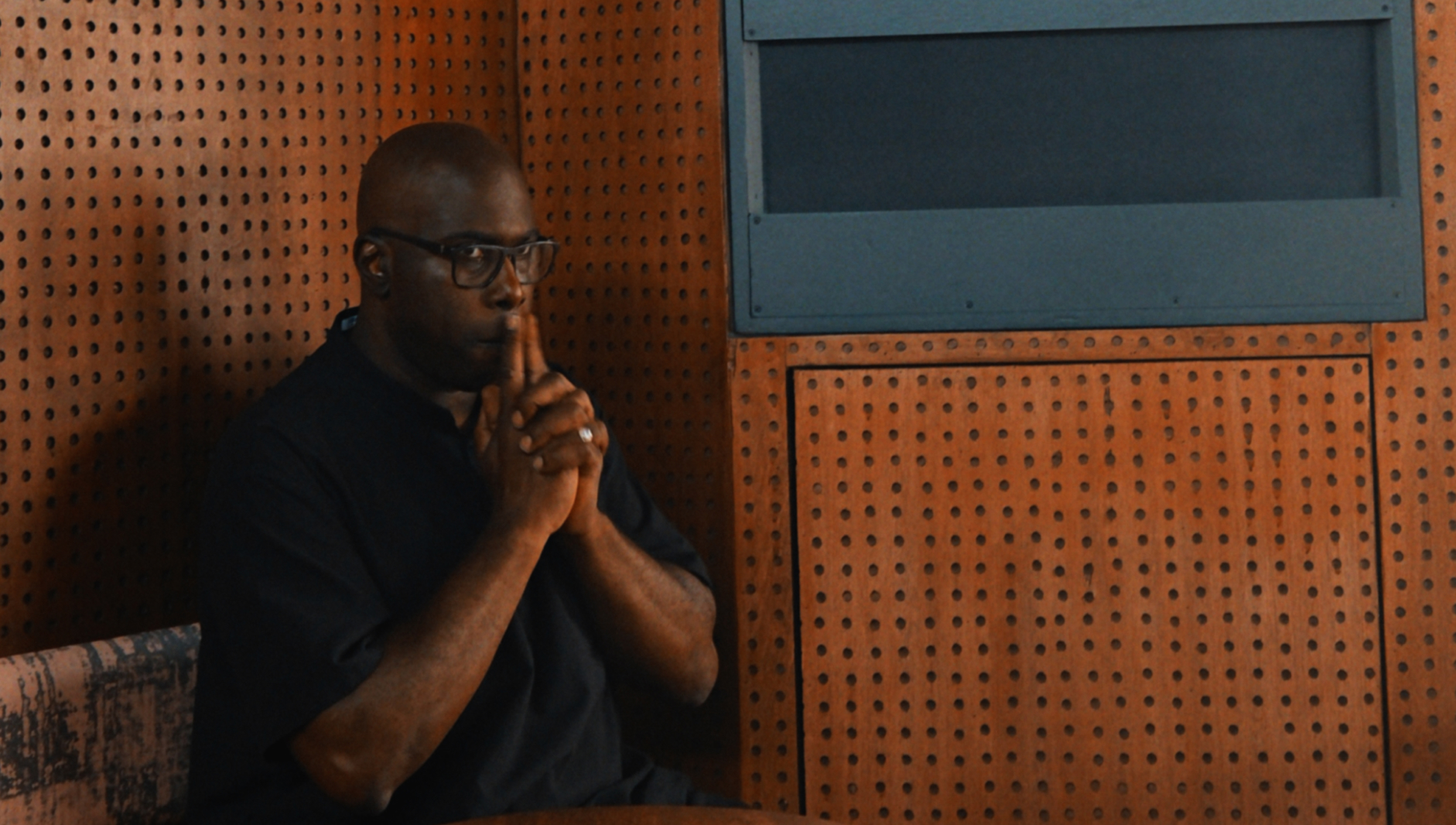
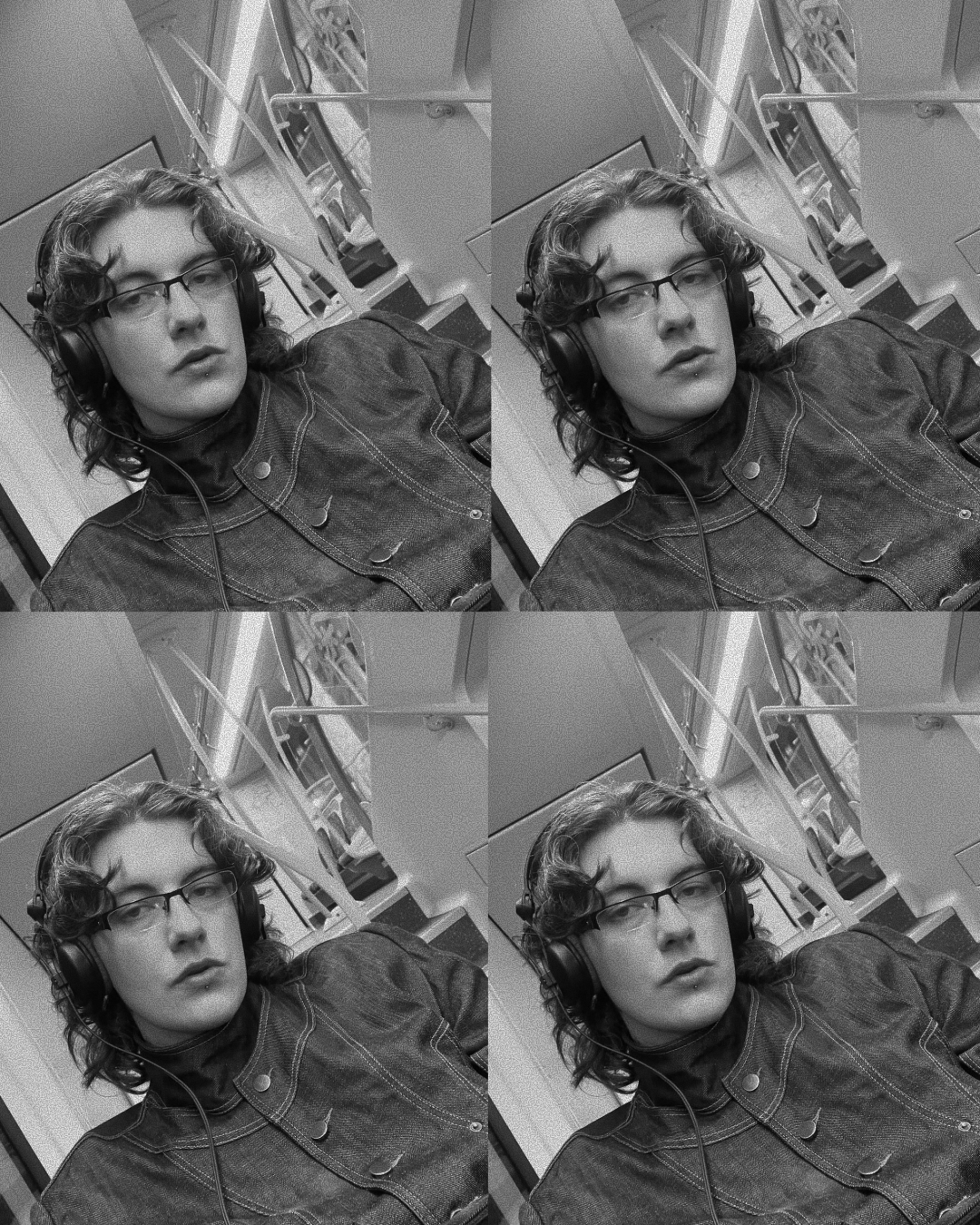
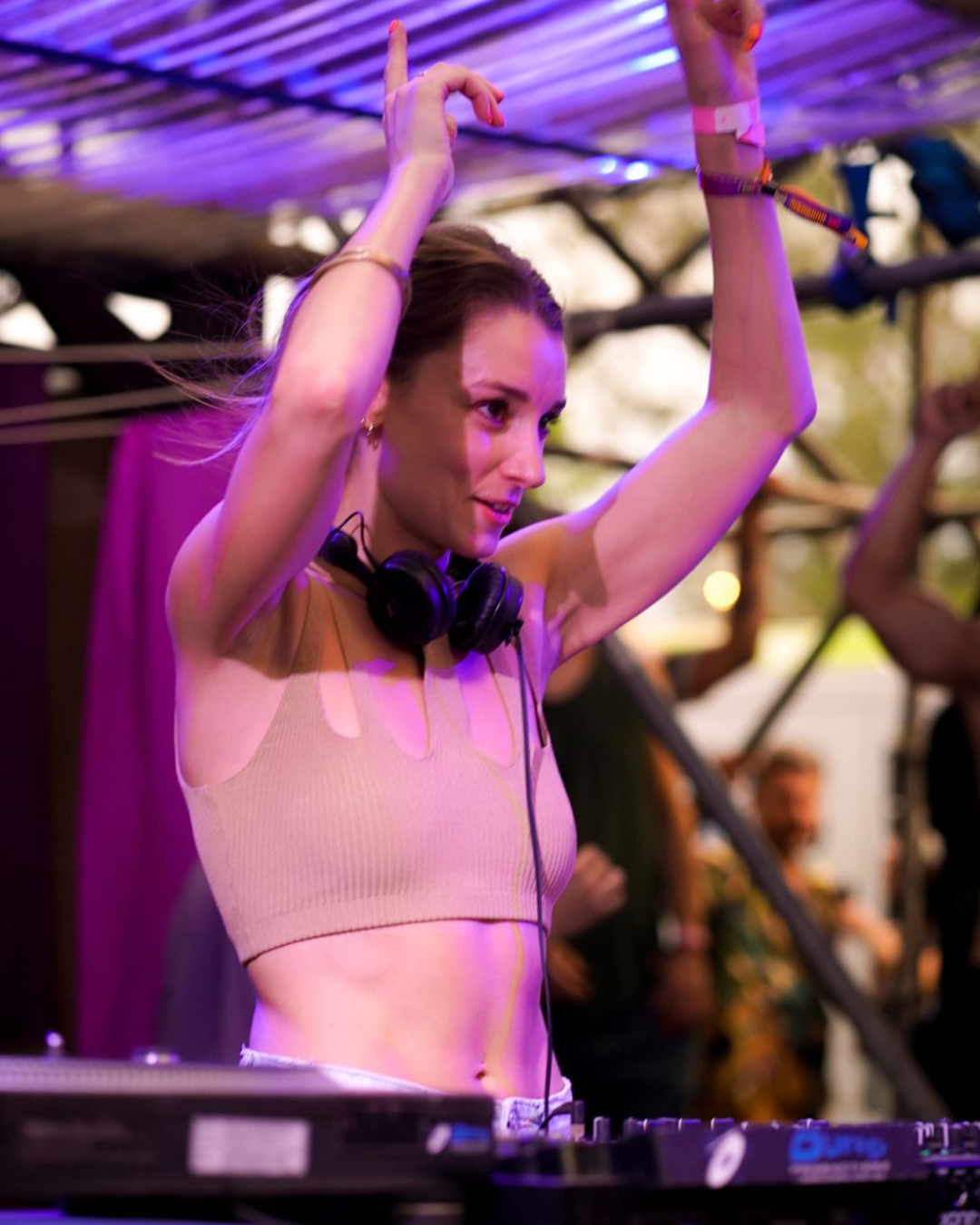
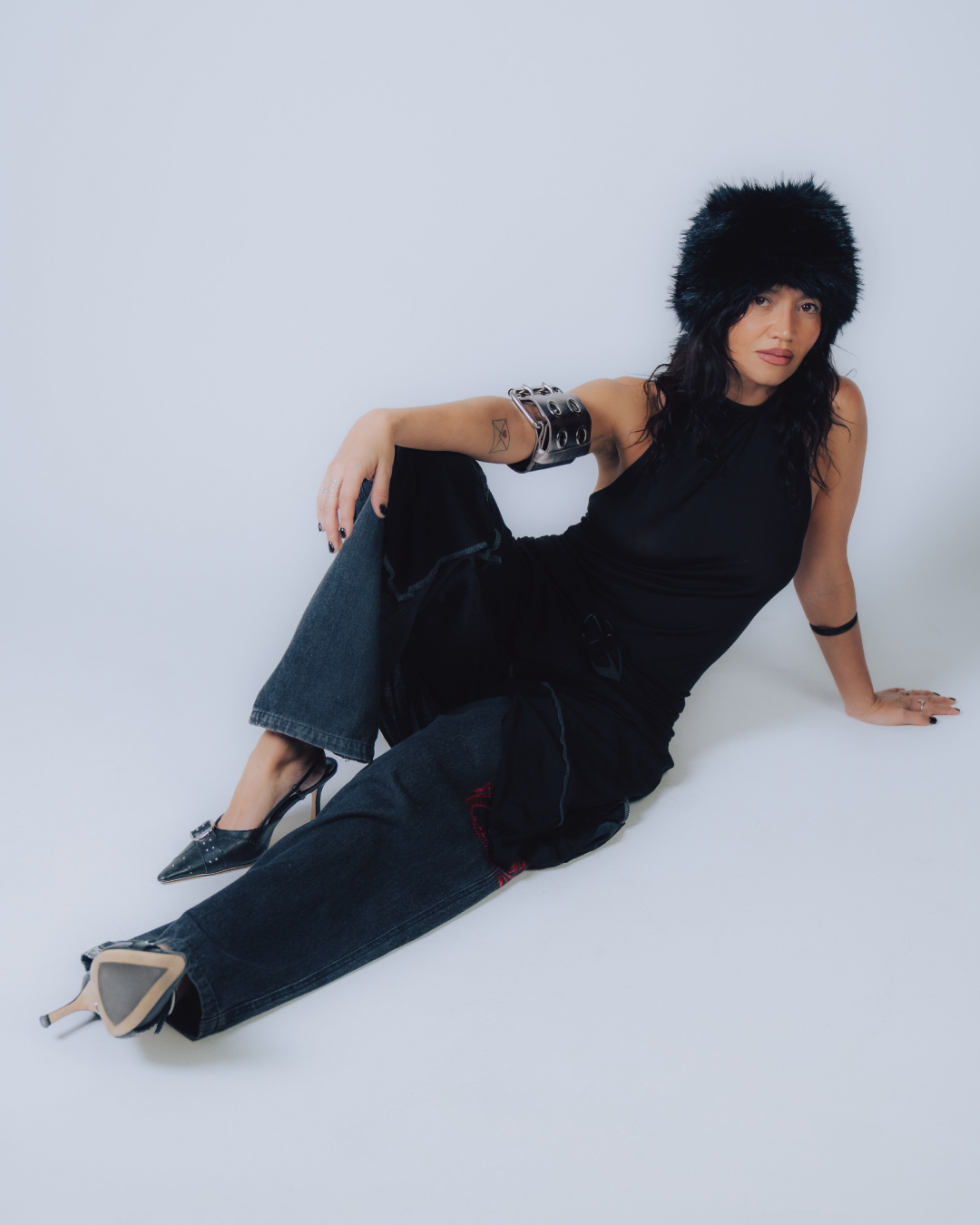
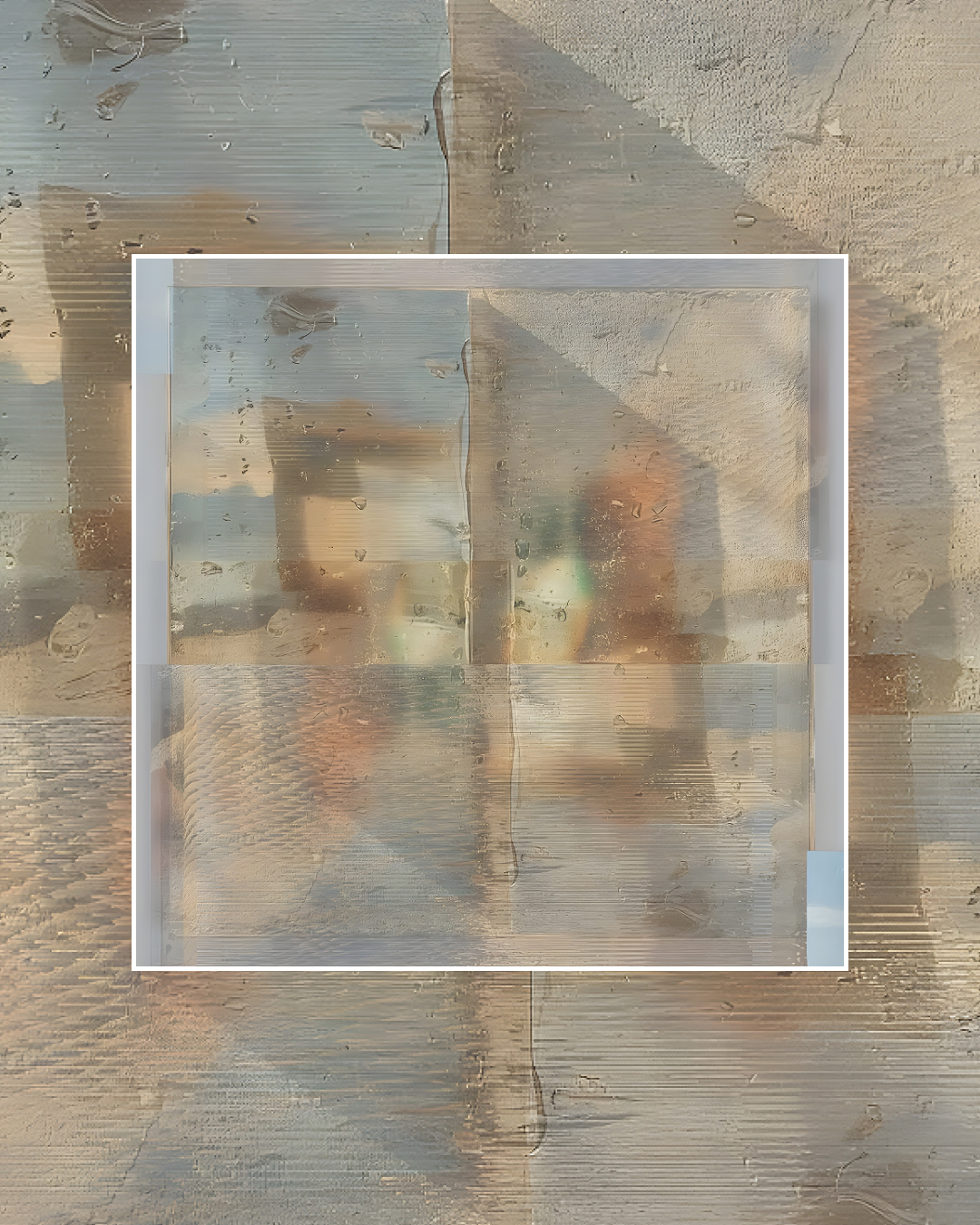

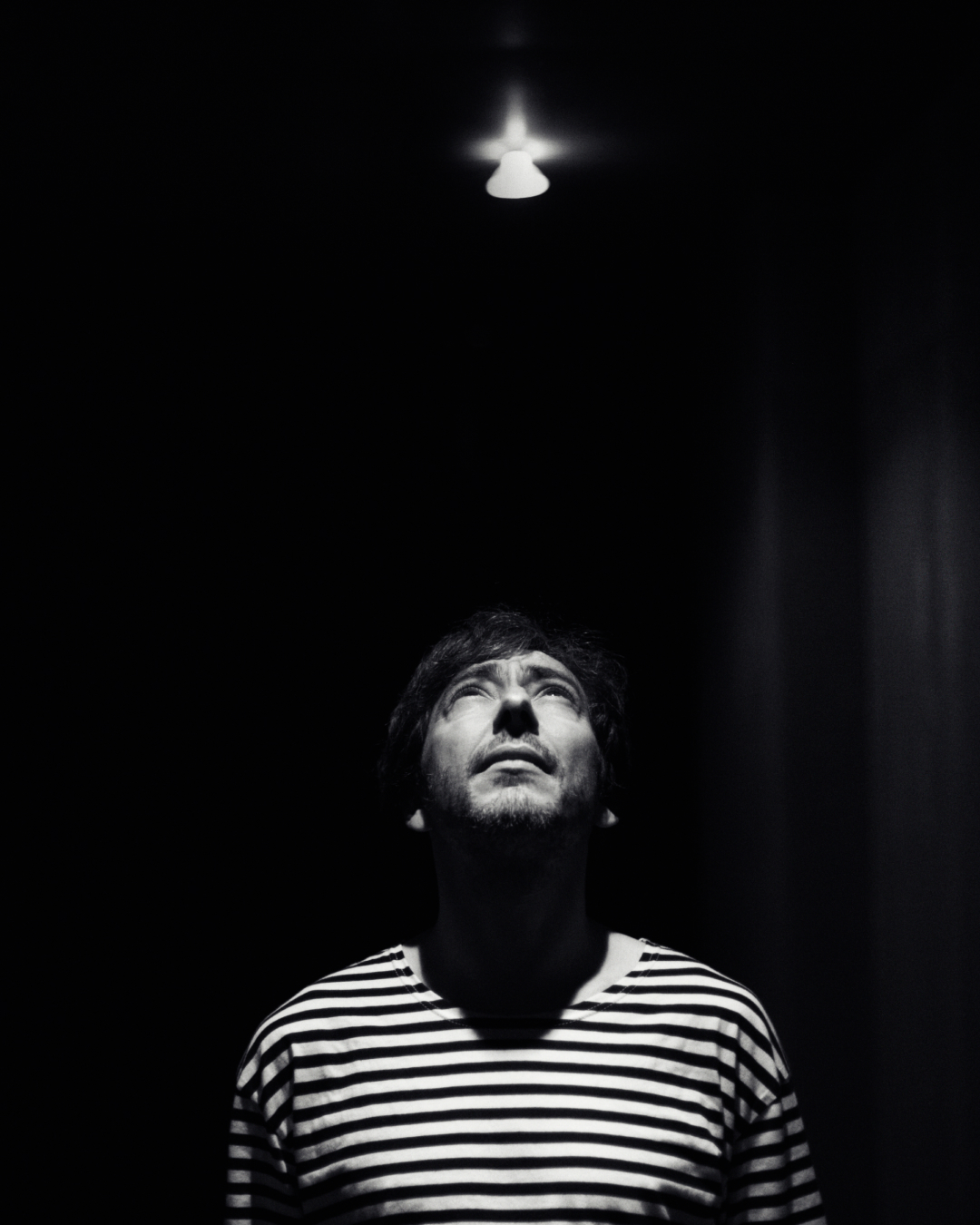
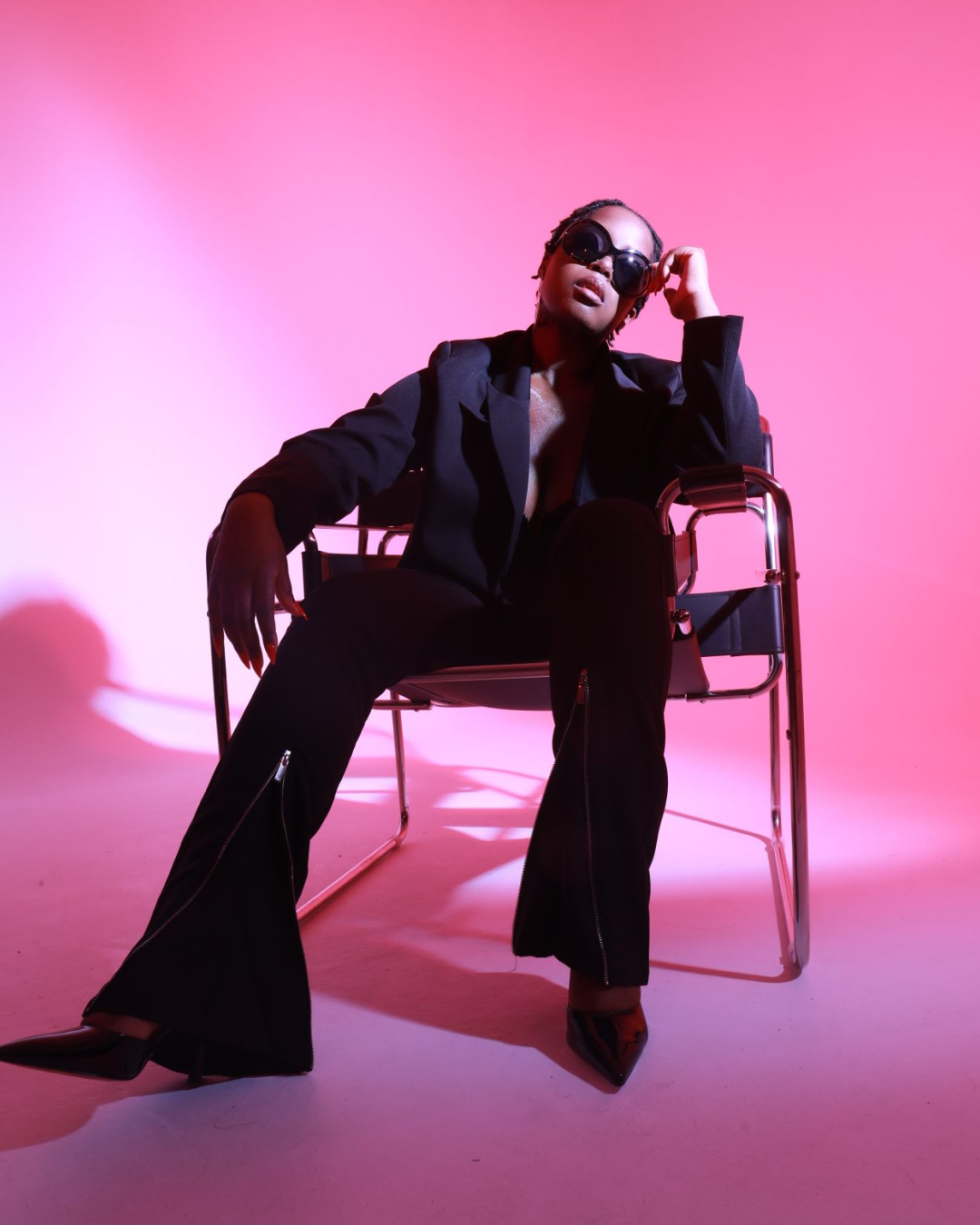

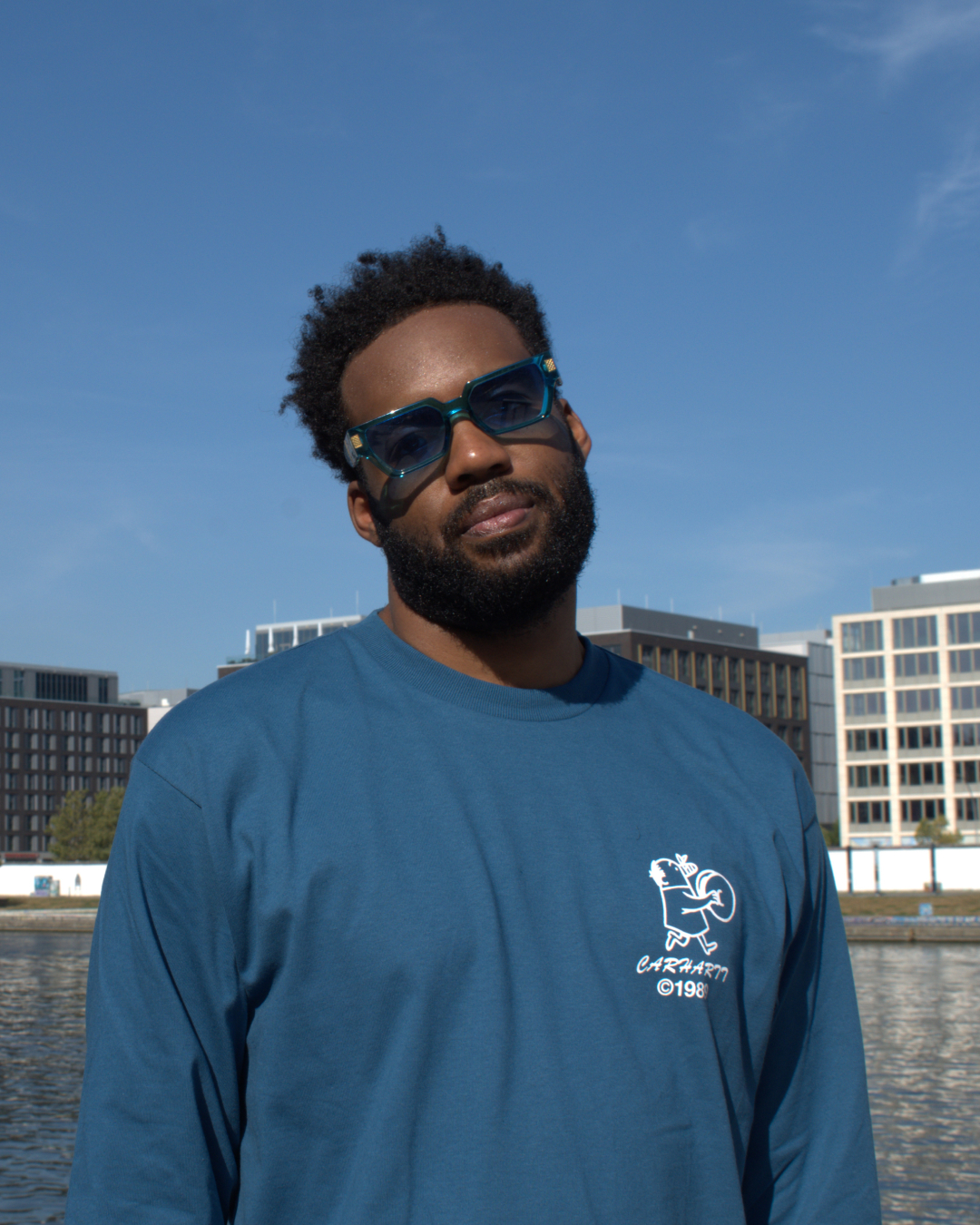
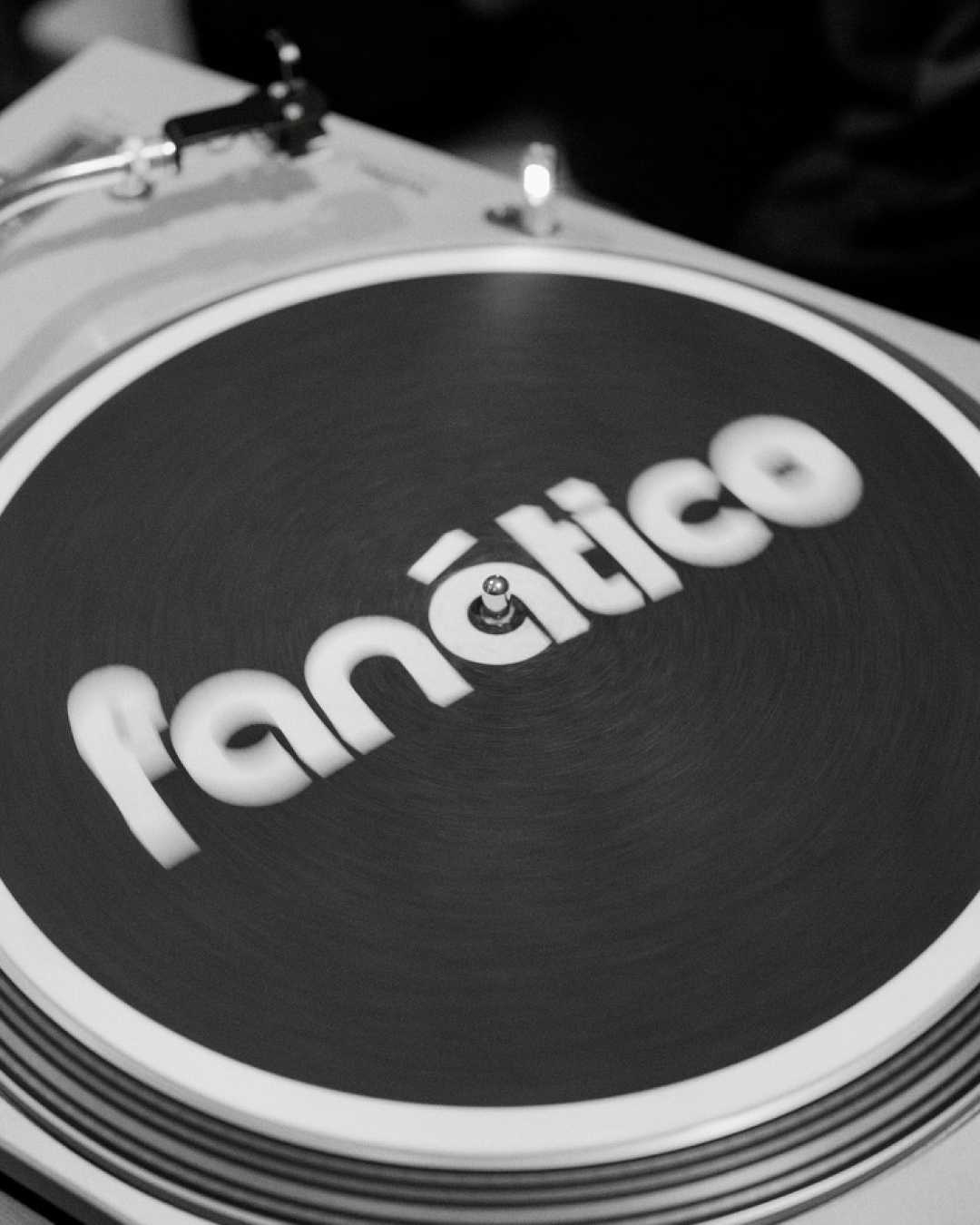
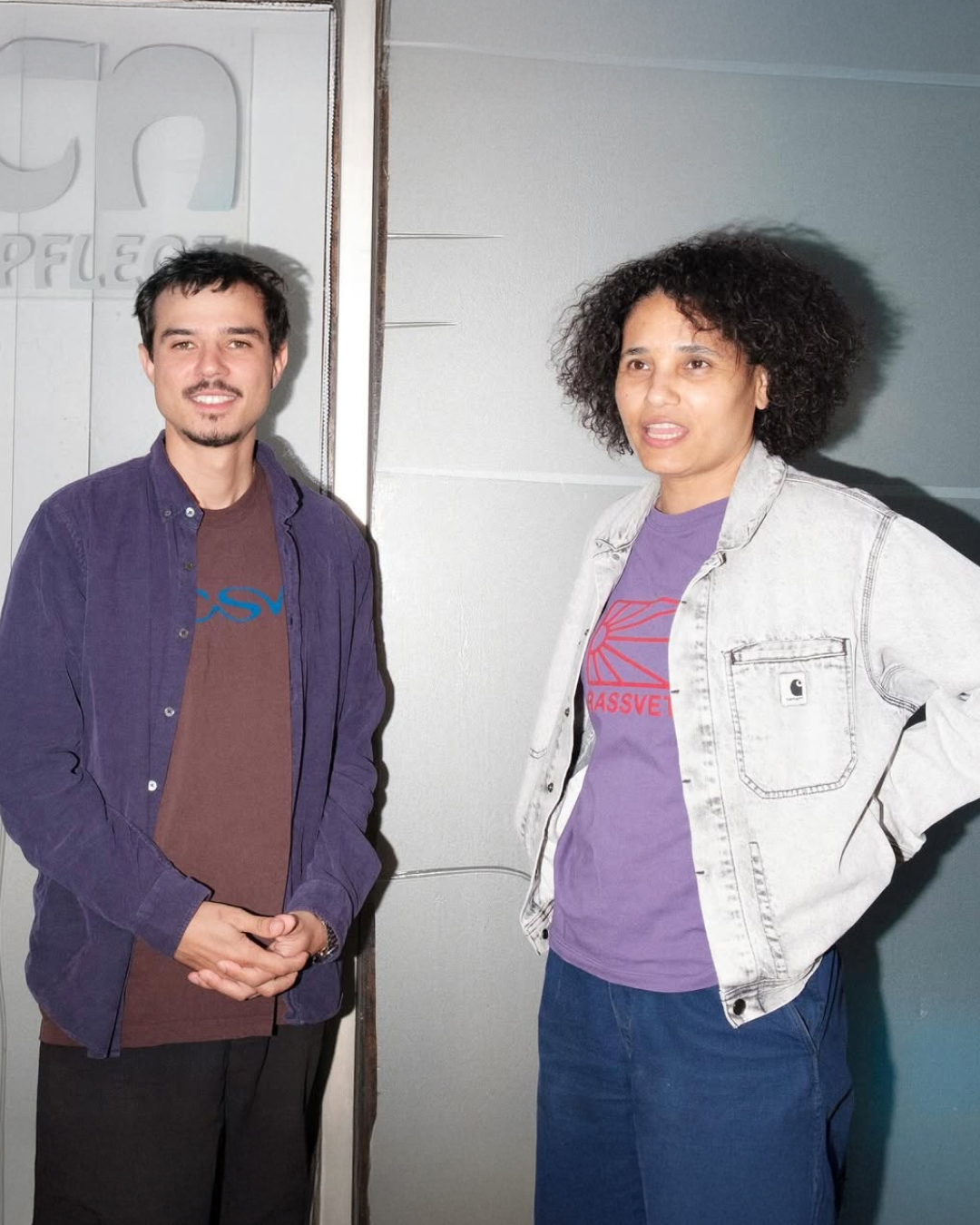
.webp)
























